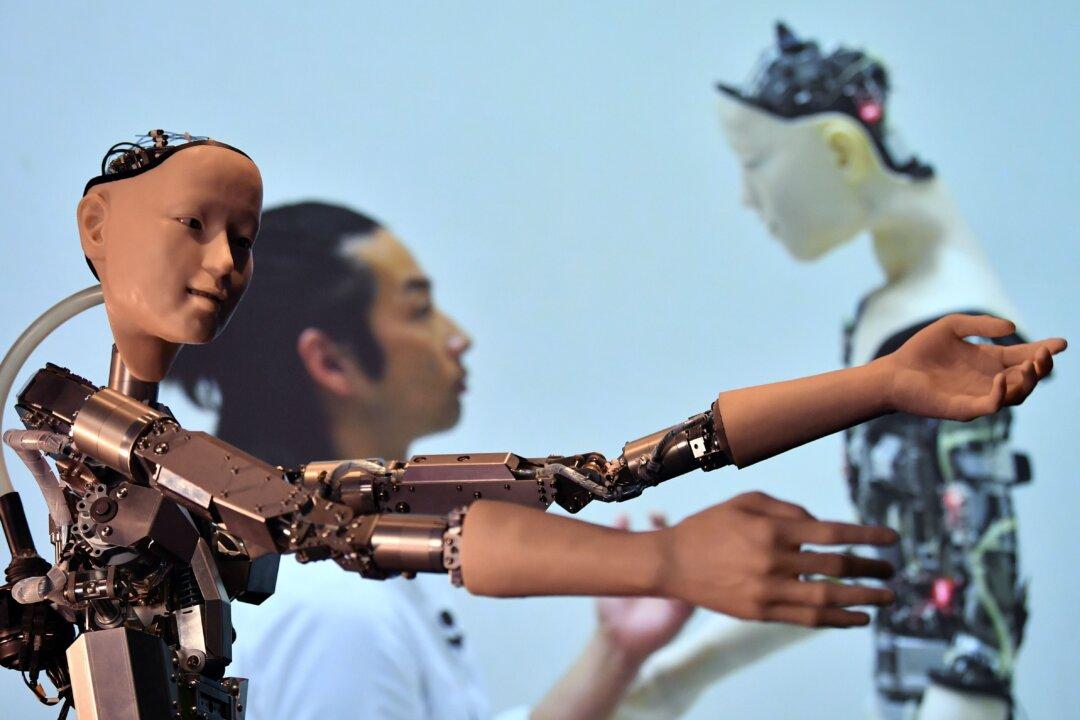Commentary
Art is the highest form of human expression; that is, art is most effective in evoking and exploring expressions intrinsic to the human experience.

Art is the highest form of human expression; that is, art is most effective in evoking and exploring expressions intrinsic to the human experience.